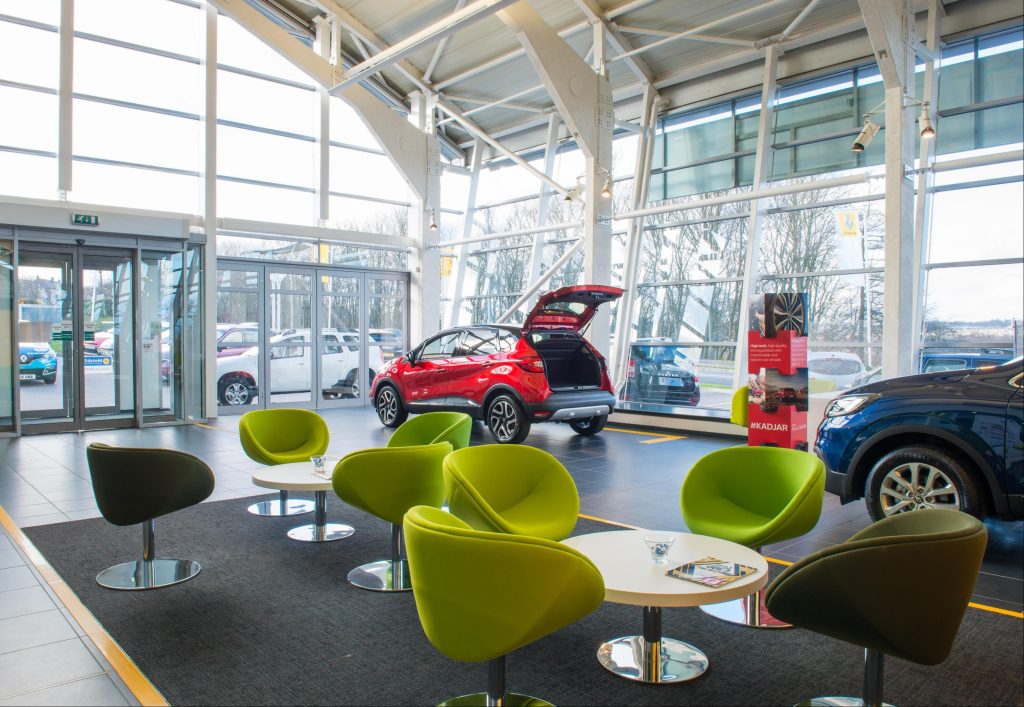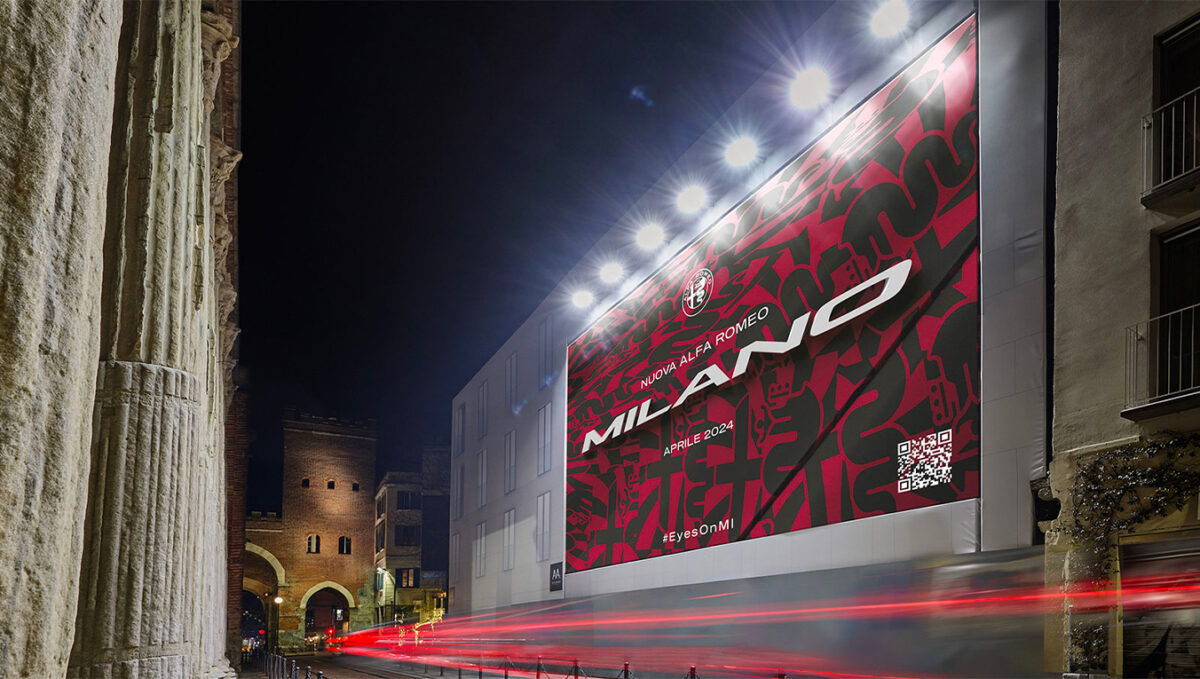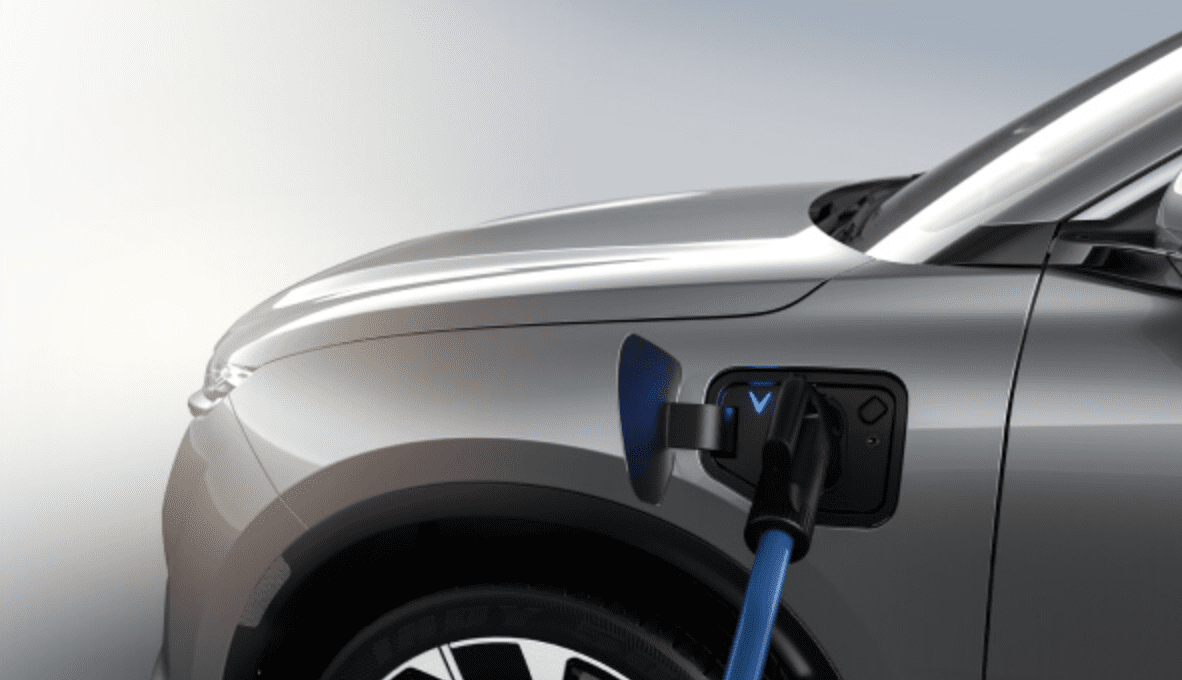The automotive industry has definitely been through the wringer in the last three years and it doesn’t look set to get a break anytime soon. It’s one of the key drivers for economic growth across the world, and in the UK alone it contributed £14bn (US$17bn) in gross value. This is in serious jeopardy due to economic headwinds on the horizon across Europe and a global supply chain crises.
New car registrations in the EU fell to a 26-year low in 2022 according to the European Automobile Manufacturers’ Association. This June, the UK reported one of the lowest new car registration figures seen since 1996, dropping by 24.3% according to the Society of Motor Manufacturers and Traders (SMMT). The consumer has gone from being in lockdown and not being able to buy new cars, to not being able to find one due to supply chain issues and now not being able to afford one.
It’s not all doom and gloom as there is a glimmer of hope on the horizon. Suppliers and retailers report a shift towards electrification as electric vehicle sales continue to grow, and the industry looks set to transform supply chains to meet new consumer buying trends. Global electric vehicle sales soared in the first half of 2022, with sales growing by 63%. So where does that leave marketing budgets?
Competitor analysis, researching brand perceptions and awareness from creatives and campaigns is a must if motor brands are looking for growth
Some businesses and marketers tend to favour short-term planning in times of uncertainty, which will only harm brand building and sales in the long term. What and how should automotive brands plan to ensure growth and brand awareness? On top of this, how can they adapt to the ever changing consumer behaviors and needs as economic downturns spread across Europe?
Don’t ignore insight
Azerion’s insights suggest that marketers need to be looking at the purchase journey, playing the long game and have a focus on driving brand awareness and perceptions. According to our consumer research, despite consumers canceling their Netflix subscriptions to save some cash, 57% said that they will be looking to buy a new car in the next one to two years, and 32% in the next three to 12 months. Brands that tailor their marketing campaigns and utilise different creatives or messaging to the consumer on different ends of the purchase journey are likely to be more successful.
For example, conversational tech built into digital adverts are perfect for users who are further down the purchase journey and want more detailed information around a car or model while high impact attentive creatives work best for brand awareness. Brand is one of the most important reasons to purchase, as over half of respondents said brand is the most important factor when choosing a new car. Competitor analysis, researching brand perceptions and awareness from creatives and campaigns is a must if motor brands are looking for growth.

Where brand meets performance
Ensuring that marketing budgets are increasing awareness but also delivering performance is key. This is down to cost effective media planning and ensuring media can deliver on both brand and performance. Despite the pandemic shifting consumer behaviors more online, buying a car is seen as a key event which consumers want to experience in person. Azerion’s research shows there’s a reluctance to make the car buying experience solely online—only 9% wanted to use virtual showrooms and 10% said they would consider buying a new car online.
Digital brand campaigns for vehicles can not only drive home brand but also include a convenient and easy way for the user to book a test drive within a unit which minimises effort and multiple clicks to other websites. This can also help brands collect first party data of those in the market for a new car, while increasing brand awareness and delivering performance of getting consumers to local showrooms.
Sustainability sentiments
Price and running costs have never been more important; consumers want to see pricing and financing options available. Even for higher earners, price and financing options are the most important factor when buying a new car. It’s this focus on running costs and an increased concern of environmental impacts that’s fuelling the growth in electric vehicle sales. Recent research from Deloitte shows that 58% of consumers agreed that climate change is an important issue for them and will be switching to brands that align with these values.
Some businesses and marketers tend to favour short-term planning in times of uncertainty, which will only harm brand building and sales in the long term
However, there are still clear barriers to entry and consumers have concerns around charging, range and cost. 66% of consumers said they felt there aren’t enough charging points available and 62% believed that electric vehicles are more expensive to buy. Addressing these issues clearly in brand campaigns will help to dispel any preconceptions around the purchase of an electric vehicle.
It’s not going to be an easy year for marketers or brands in the automotive category. With so many consumers questioning their major purchase decisions, brand building and long-term planning has never been more important. Accessing and using insight is one of the easiest ways to ensure that creatives land to help engage consumers at each stage of their car buying journey. Ensuring cost effective and efficient media buying and planning will be the way forward to ensure that marketing budgets drive attention, increase brand and deliver performance.
About the author: Roxanne Harley is Director of Client Strategy at Azerion



